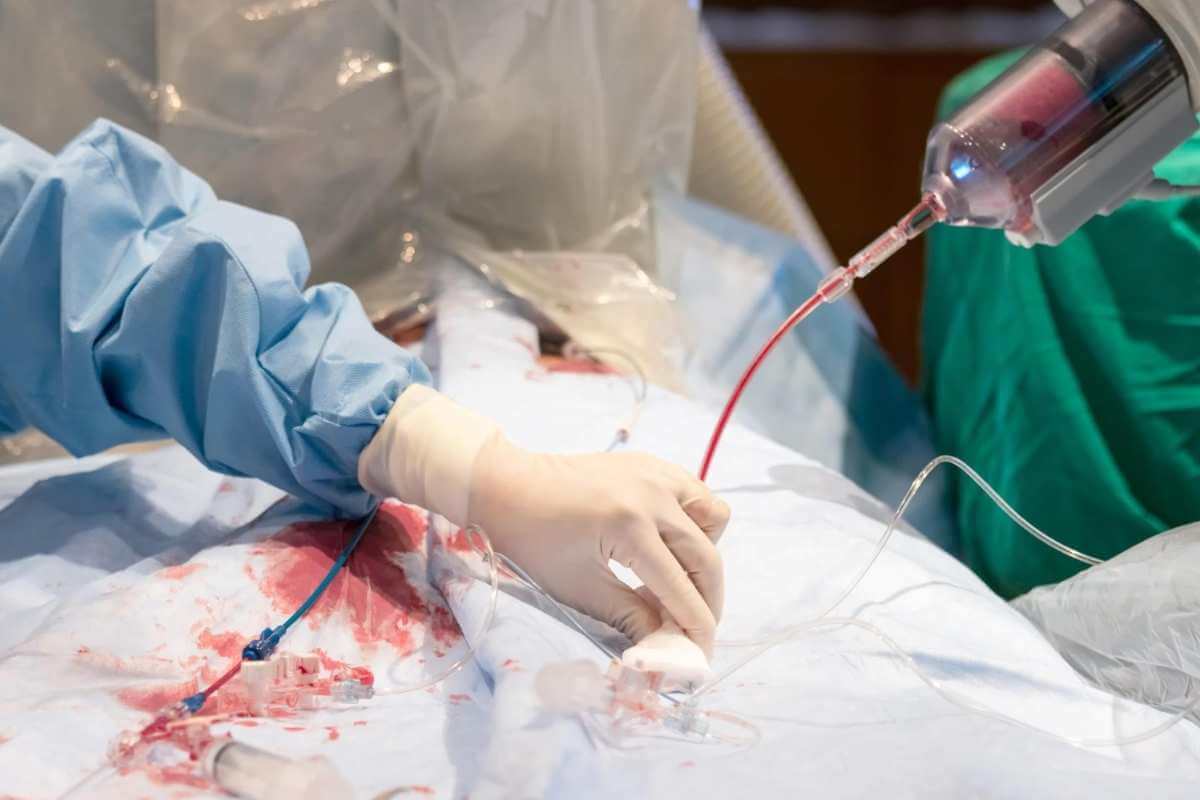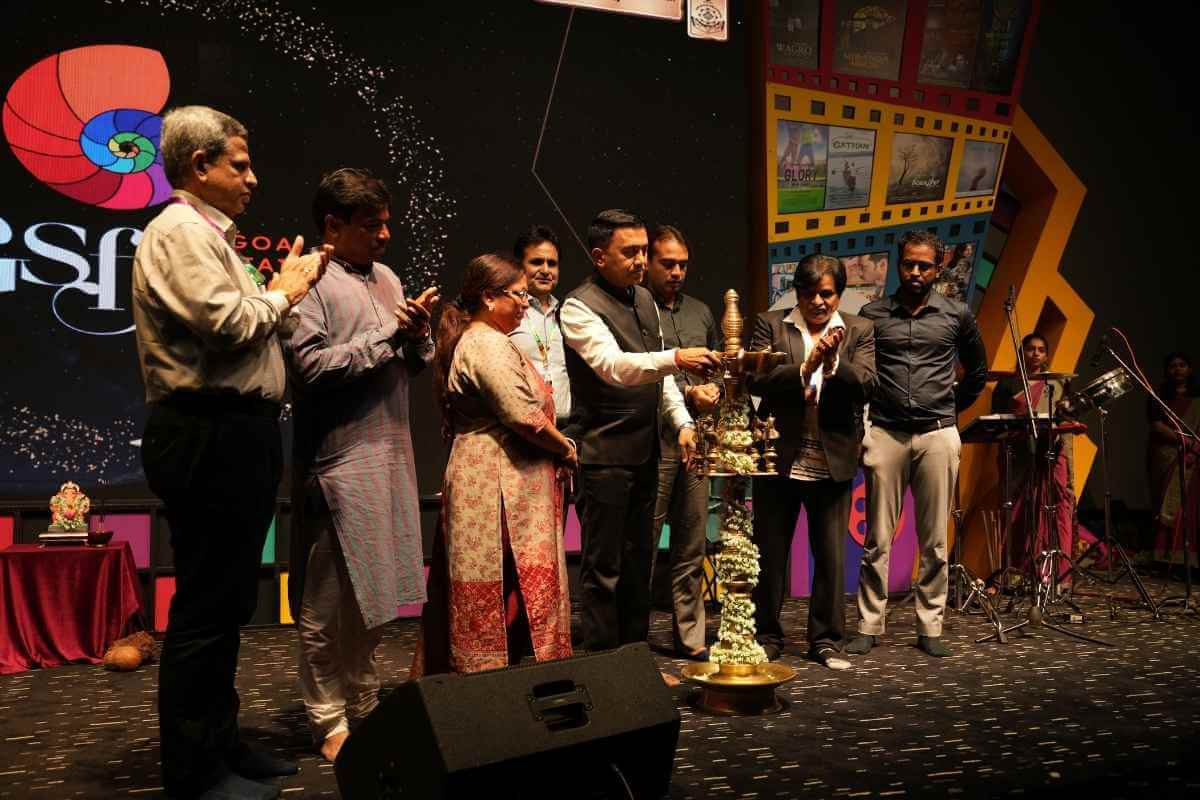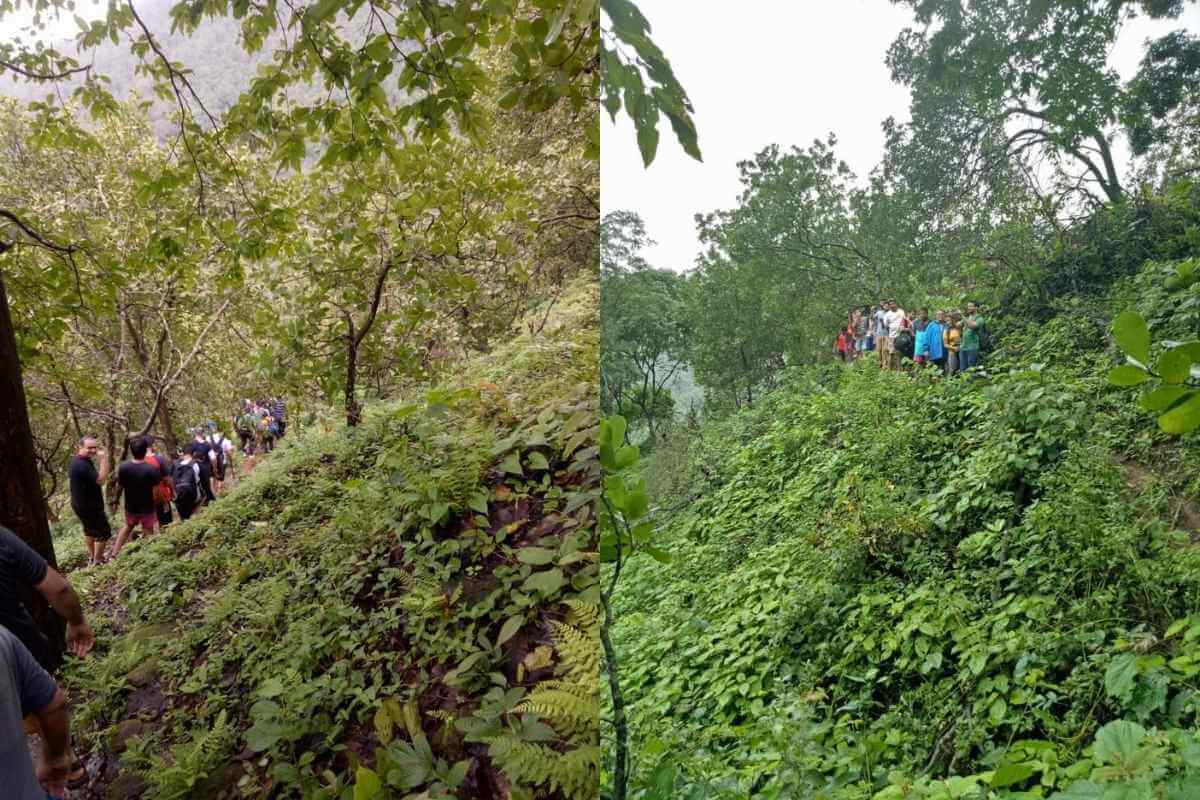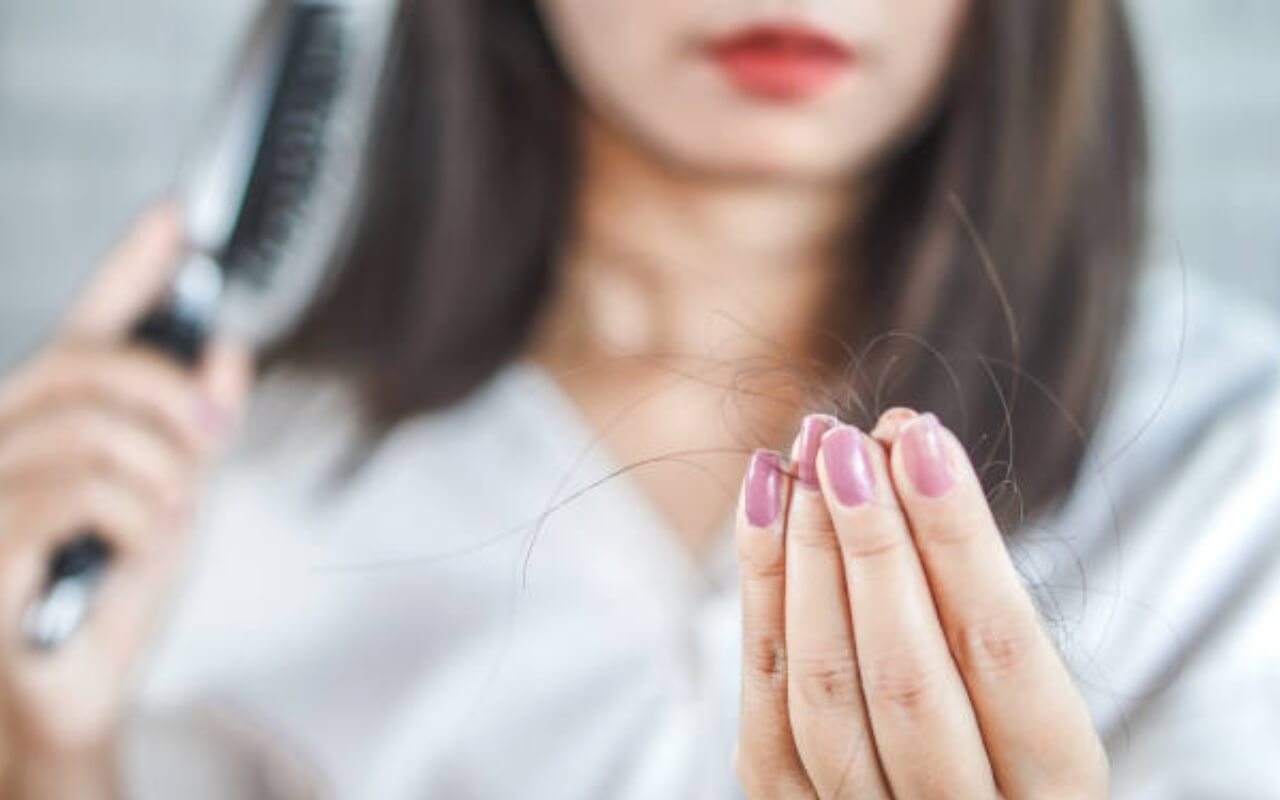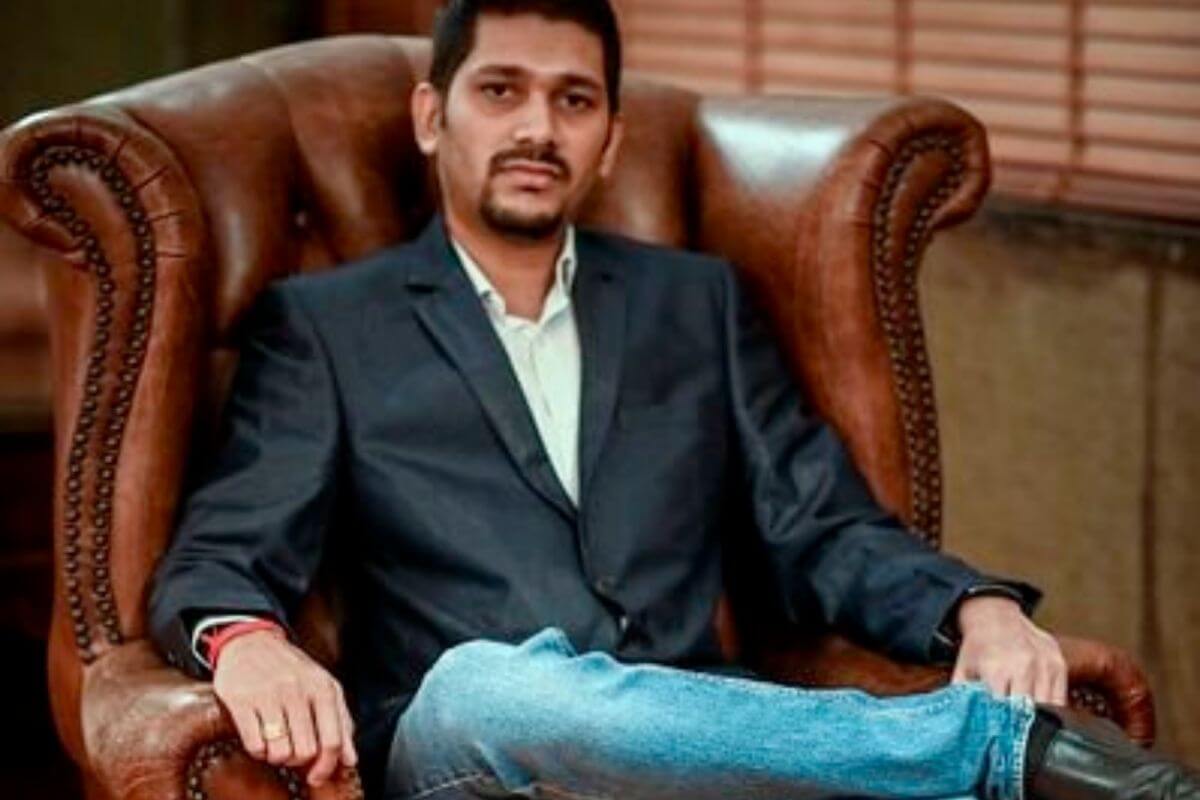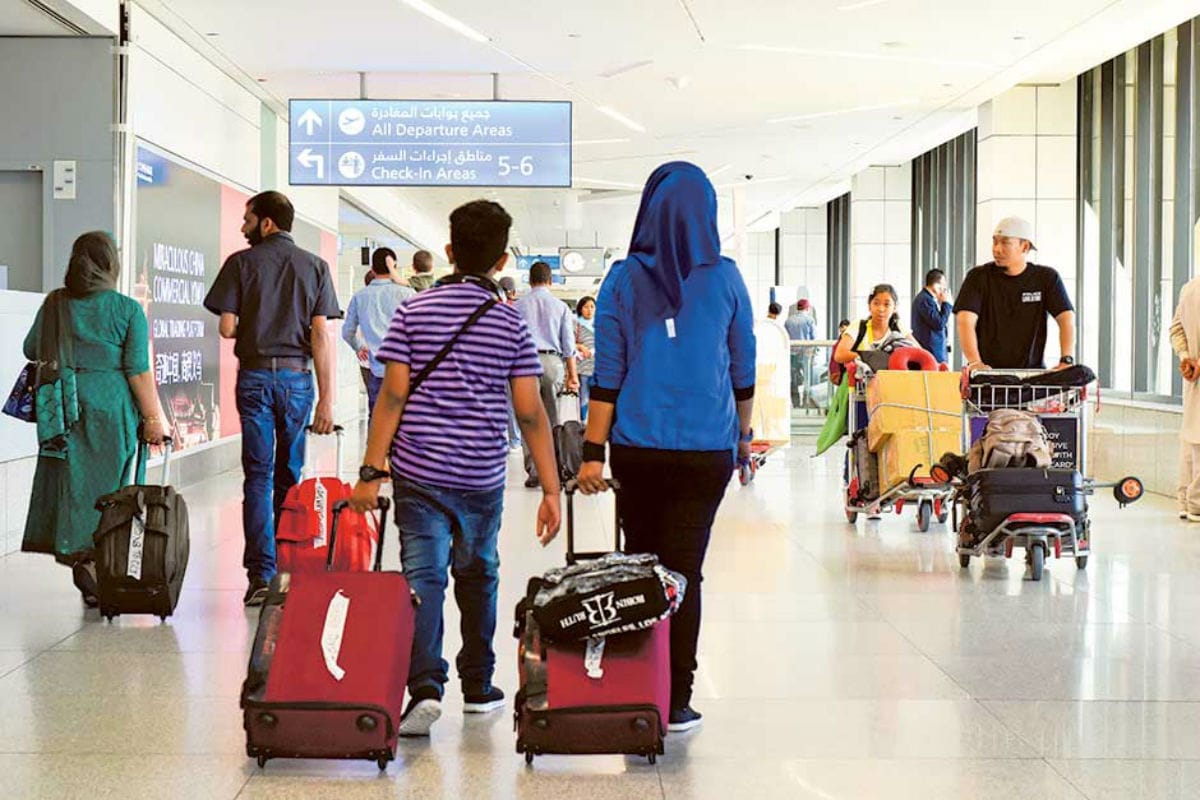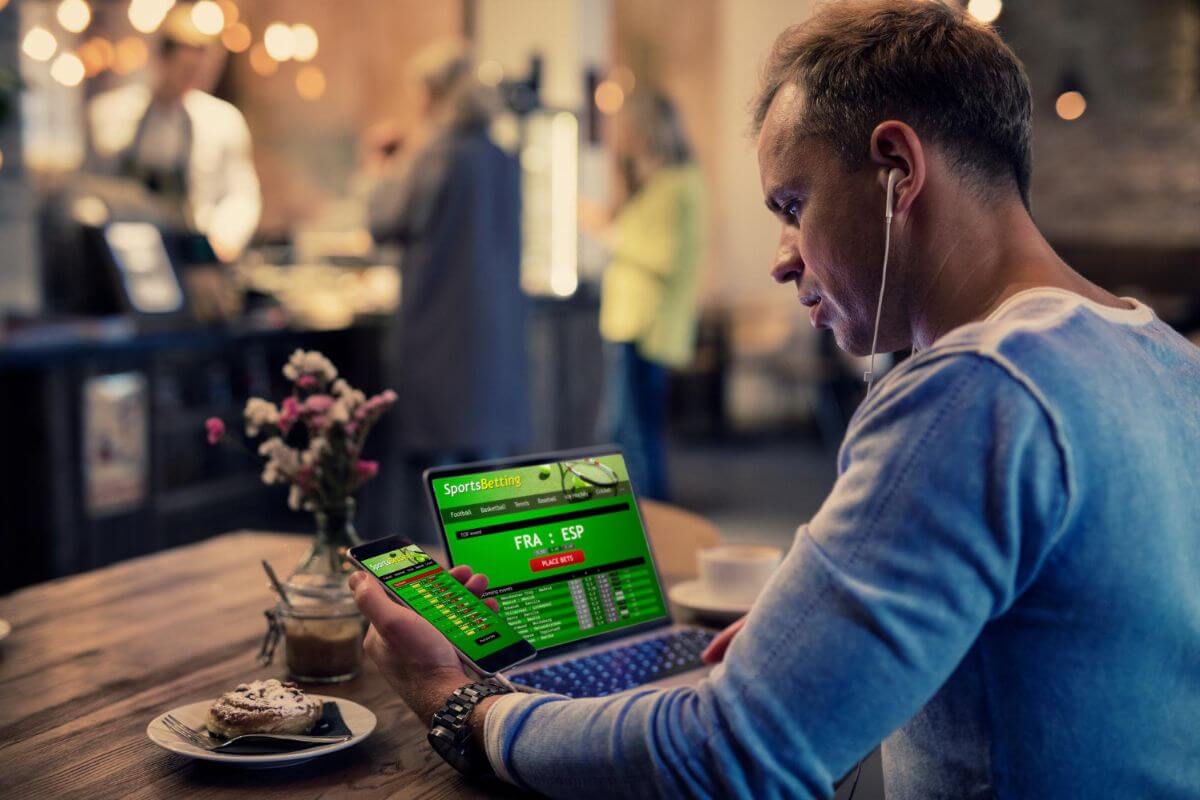The stigma of the COVID-19 is so severe in the society that right from your neighbour to the medical staff treats the patient as if they have the plague. The treatment they receive the medical staff and doctors of the COVID care centre is very estranging. Perhaps that is the reason many of the people do not come in front for checking and some even manage to escape after getting to know that they are COVID positive. Here is a shocking ordeal of a person called Alex who was tested positive for the COVID-19.
When Alex received the message last week that he has tested positive for Covid-19, he braced himself for a long battle. This wasn’t going to be easy, he told his family, but what followed was worse.
Alex said the least the government could do is improve coordination and press in more ambulances. The government, he said, must seriously consider allowing asymptomatic patients to remain in isolation at home, rather than face this harassment in the garb of providing care.
Along with three others from Vasco, all of who also tested positive, they were told to reach a venue in their own vehicle from where they would be picked up by an ambulance and transferred to the hospital. They waited, and waited, and it was only an agonising 10 hours later that the promised ambulance showed up. It was well past midnight as they took off from Vasco for the ESI hospital in Margao.

“There is a sheer lack of coordination and mismanagement at the Covid-19 centre (in Shiroda). I experienced this first hand,” Alex said from the facility where he will stay till he tests negative for Covid-19.
‘I am made to feel like I have got plague’
Once they reached the ESI hospital past 1 am, there was another half an hour’s wait before guards opened the gate and allowed the ambulance to enter. All of them couldn’t step out, and it was another half an hour before doctors were called to examine them.
“We were suffocating inside the ambulance. It was hot and humid. Lack of sleep only made it worse. The air-condition was switched off. We could not even open the windows (of the ambulance) as they said it was a precautionary measure. We pleaded and asked them to at least allow us to open the door, said we wouldn’t step out, but they just wouldn’t budge,” he said.
At approximately 2 am, doctors wearing protective gears were ready to examine them. After examination, it was decided that two patients, including a child from Vasco, would be admitted in the hospital, while the other two were to be transferred to the COVID care centre in Shiroda.
Since the two of them did not display any symptoms of Covid-19, they were transferred to Shiroda.
“By the time we reached Shiroda, it was about 5.30 am. They offered us four tablets each of paracetamol and another tray that contained some tablets and Chavanprash for immunity. We were then told to find beds for ourselves in one of the rooms,” he said.

Alex and his companions navigated through completely dark corridors with patients sleeping everywhere. Finding a bed was just the start of another tough battle.
“Most of the rooms were occupied and closed from inside. Now we didn’t even have a place to sleep,” he said.
After looking around for some time, they were fortunate enough to find three unoccupied beds in one room. But patients inside would not accept them without knowing their identity: Goans or non-Goans.
“There are a lot of migrant patients who are also transferred here. We got the beds when occupants of the room were satisfied that we were locals,” he said.
Each room has eight or more beds. The distance between each bed, he said, was about two feet. “I could shake hands with a person sleeping on a bed next to mine,” he said.
Due to the constant running around and endless waits, Alex was tired and hardly got any sleep. He woke up to locate the washroom, and as sunlight shone bright, his eyes opened up to another reality.
“When I knocked on the door, the washroom was being cleaned. I thought the staff were doing their job, but much to my surprise, I found that it was one of the patients who had taken it upon himself to clean it. I was told that no cleaning staff comes to the centre,” said Alex.
According to Alex, cleaning and mopping is done by the patients themselves. Doctors or nurses, he said, don’t come to check on the patients. Anybody feeling unwell must go down to the counter and inform them.

The next afternoon, Alex was shifted to another facility, which he says is better than the Shiroda centre.
“Since being detected having the virus, I have not felt unwell. I don’t have to take any medication, but people around here are so scared. They don’t even allow us to keep a window of the room open. Will the virus jump and fall on them when they pass by? I’m told to keep the window closed at all time. I am made to feel I have got a plague,” he said.
Alex said the least the government could do is improve coordination and press in more ambulances. The government, he said, must seriously consider allowing asymptomatic patients to remain in isolation at home, rather than face this harassment in the garb of providing care.
Only lips service no one is working in the interest of goa
Note & Credits: The story is published from the Times of India Originally written by Bindiya Chari for TOI, without editing with the changes in the title and initial para.






